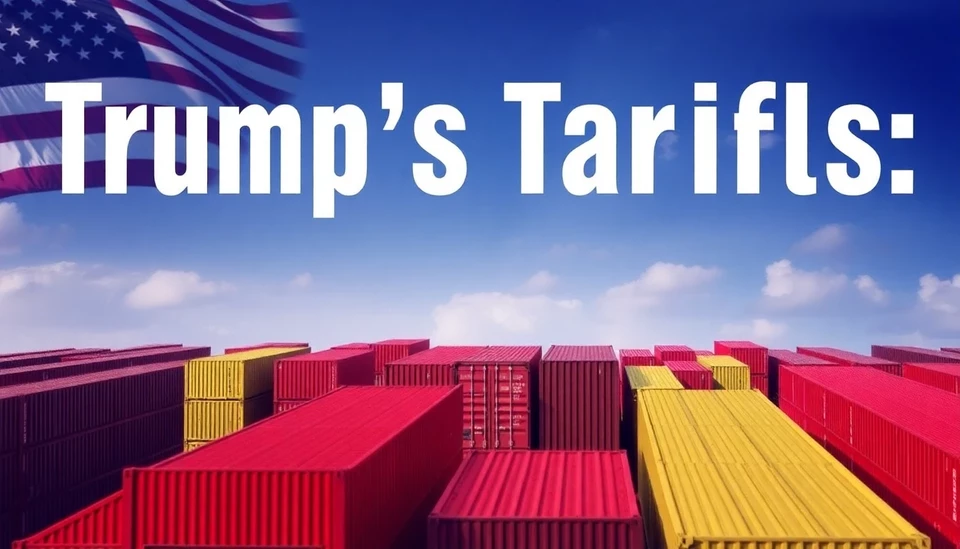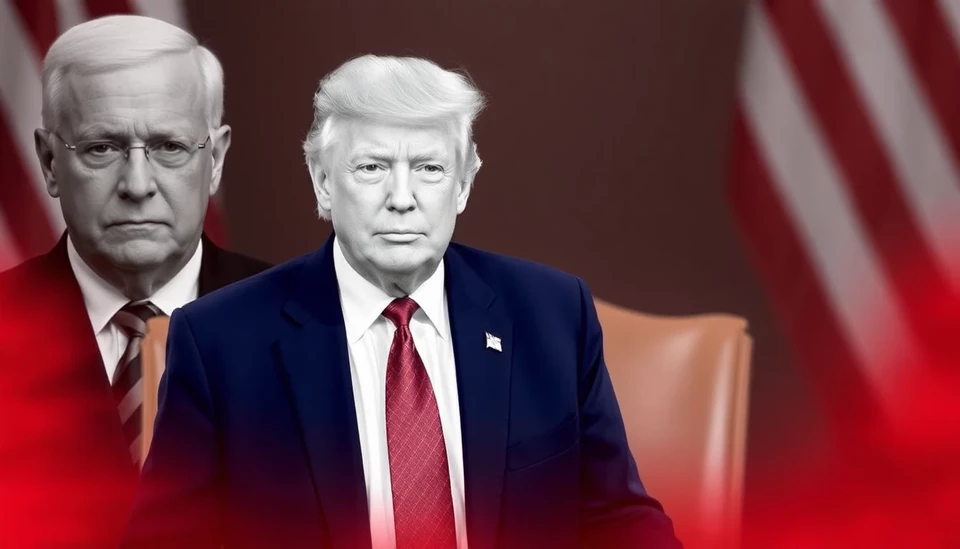
In a significant shift of priorities, the United States is placing a greater emphasis on engaging in trade wars rather than implementing tax cuts, a move that has sparked considerable debate among economists and policymakers. This decision, articulated by a combination of government officials and financial experts, underscores the complexities of the current economic landscape and raises questions about the potential long-term implications for American businesses and consumers.
The pivot away from tax cuts, which historically have been seen as a means to spur economic growth and increase disposable income, now seems overshadowed by the contentious trade policies that have emerged in recent years. The current administration is focusing on tariffs and trade negotiations with various countries, leading to speculation about the effectiveness of such strategies in fostering a robust economy.
Economists warn that prioritizing trade confrontations could inhibit growth rather than promote it. They express concerns that the aggressive stance on trade could alter market dynamics, disrupt supply chains, and ultimately inflate prices for consumers. With a consumer-driven economy, any increase in costs might reduce spending capability, which is vital for sustaining growth.
Furthermore, as the trade war rhetoric intensifies, analysts are monitoring the psychological impact on businesses. Firm investment decisions hinge on market stability, and a landscape filled with uncertainty can lead to caution. Companies may hold off on hiring and expanding operations, fearing retaliatory tariffs or sudden policy changes that could hit their bottom lines hard.
While there are arguments in favor of the administration’s trade strategy—such as protecting American industries and negotiating better terms for exports—the broader picture reveals significant risks. Investors and companies are increasingly evaluating the long-term ramifications of these policies, particularly given the intricate web of global trade relationships that characterize today's economy.
Moreover, shifting focus from tax reductions to trade confrontations raises questions about the overall direction of fiscal policy. Tax cuts have long been championed as a tool for delivering immediate relief to workers and driving consumption, crucial components for a healthy economy. Moving away from this approach could hinder potential economic stimuli just when the country may need them most.
The repercussions of this policy adjustment are yet to be fully understood, but it certainly underscores a pivotal moment for U.S. economic strategy. Stakeholders across various sectors are urged to closely monitor developments, as the interplay between trade policy and tax policy could significantly shape the economic contours in the years to come.
In summary, the trade wars may dominate the narrative in Washington, but the risks associated with sidelining tax cuts warrant serious consideration. With uncertainty looming, it remains to be seen how these decisions will ultimately influence the growth trajectory of the U.S. economy.
#TradeWars #TaxCuts #USEconomy #EconomicGrowth #PolicyShift #MarketDynamics #ConsumerSpending
Author: Daniel Foster




